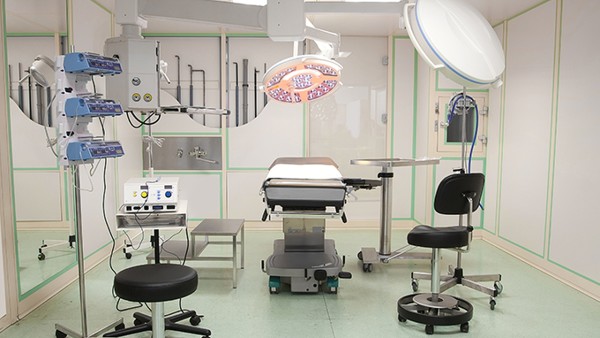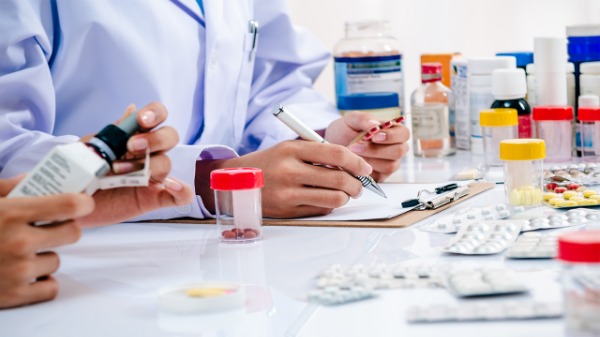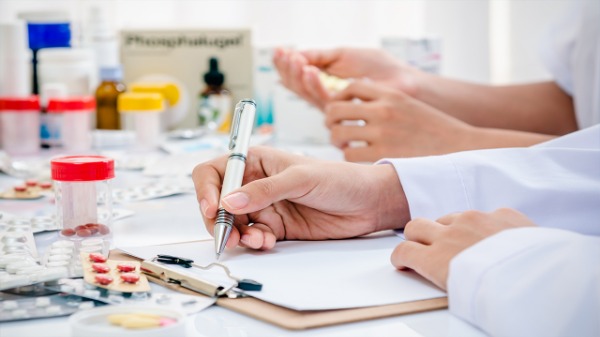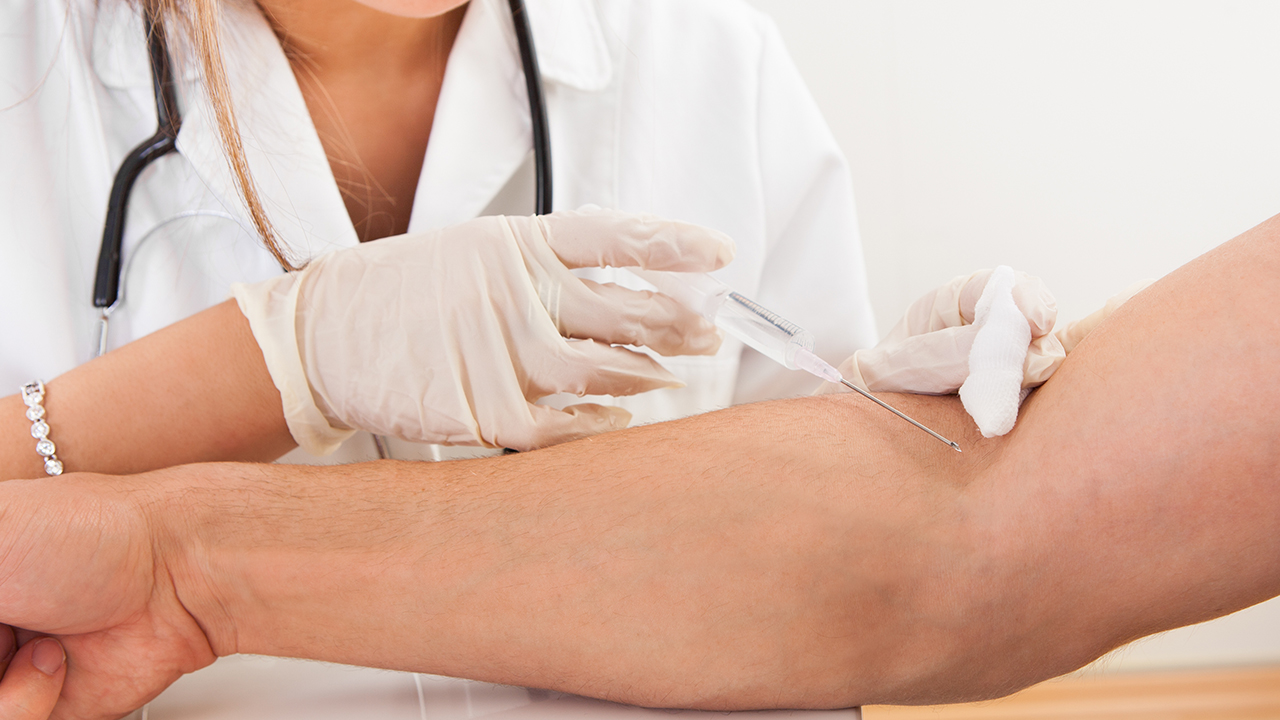How to Calculate Menstrual Cycle

Every woman's menstrual cycle is different. The average cycle lasts 28 days, but it can vary from 21 to 35 days. The menstrual cycle begins on the first day of your period and ends the day before your next period starts.
To calculate your menstrual cycle, you need to track your periods for at least two months. This means noting the first day of your period and the last day of your period. Once you have two months of data, you can calculate the length of your cycle by subtracting the first day of your first period from the first day of your second period.
For example, if your first period started on January 1st and your second period started on February 1st, your cycle length is 31 days.
Once you know the length of your cycle, you can predict when your next period will start. To do this, simply add the length of your cycle to the first day of your last period.
For example, if your cycle length is 31 days and your last period started on February 1st, your next period will start on March 4th.
Understanding the Menstrual Cycle
The menstrual cycle is a complex process that is controlled by the hormones estrogen and progesterone. Estrogen levels rise in the first half of the cycle, causing the lining of the uterus to thicken. Progesterone levels rise in the second half of the cycle, preparing the uterus for pregnancy. If pregnancy does not occur, progesterone levels drop and the lining of the uterus is shed, which causes a period.
Menstrual Cycle Length
The length of your menstrual cycle can vary from month to month. This is normal and is not a cause for concern unless your cycle is consistently longer than 35 days or shorter than 21 days.
If you are concerned about the length of your menstrual cycle, talk to your doctor. They can help you determine if there is an underlying medical condition that is causing your irregular periods.
Menstrual Cycle Symptoms
The most common menstrual cycle symptoms include:
Cramps
Bloating
Mood swings
Fatigue
Breast tenderness
Acne
Headaches
These symptoms are usually mild and only last for a few days. However, if you experience severe menstrual cycle symptoms, talk to your doctor. They can help you find ways to manage your symptoms.
Menstrual Cycle Tracking
Tracking your menstrual cycle can help you predict when your period will start and when you are most fertile. This information can be helpful if you are trying to conceive or avoid pregnancy.
There are a number of different ways to track your menstrual cycle. You can use a calendar, a period tracking app, or a fertility monitor.
If you are using a calendar, simply mark the first day of your period and the last day of your period on a calendar. You can then use this information to calculate the length of your cycle and predict when your next period will start.
Period tracking apps are a more convenient way to track your menstrual cycle. These apps allow you to enter the first day of your period and the last day of your period, and they will calculate the length of your cycle and predict when your next period will start. Many period tracking apps also allow you to track other symptoms, such as cramps, bloating, and mood swings.
Fertility monitors are devices that measure the levels of hormones in your saliva or urine. This information can be used to predict when you are most fertile. Fertility monitors can be helpful if you are trying to conceive or avoid pregnancy.
Irregular Menstrual Cycles
Irregular menstrual cycles are cycles that are longer than 35 days or shorter than 21 days. Irregular menstrual cycles can be caused by a number of factors, including:
Pregnancy
Breastfeeding
Stress
Weight loss or gain
Thyroid problems
Polycystic ovary syndrome (PCOS)
If you have irregular menstrual cycles, talk to your doctor. They can help you determine the cause of your irregular periods and recommend treatment options.
Menstrual Cycle and Pregnancy
The menstrual cycle is closely linked to pregnancy. If you are pregnant, your period will stop. This is because the hormones that are responsible for your period are also responsible for maintaining a pregnancy.
If you are trying to conceive, it is important to know when you are most fertile. Your most fertile days are the days leading up to ovulation. Ovulation typically occurs 14 days before your period starts.
If you are trying to avoid pregnancy, it is important to use contraception during your fertile days. There are a number of different types of contraception available, so talk to your doctor about which option is right for you.
The above is all the content that the editor wants to share with you. I sincerely hope that these contents can bring some help to your life and health, and I also wish that your life will be happier and happier.
Tags: #to #how #calculate















